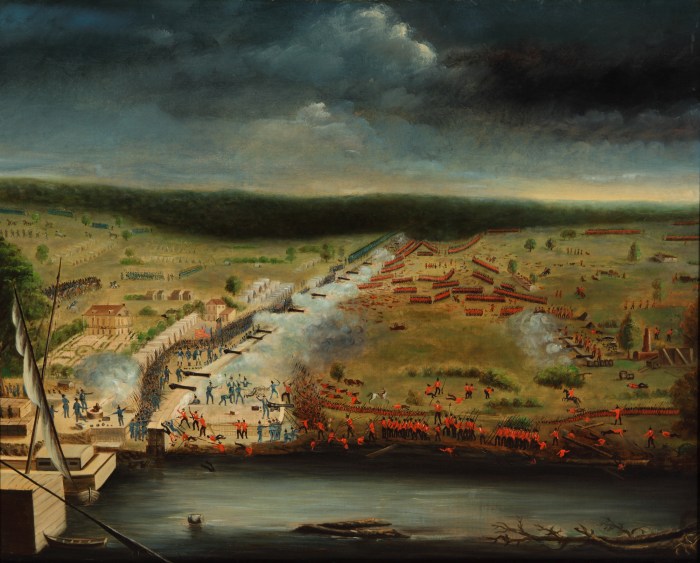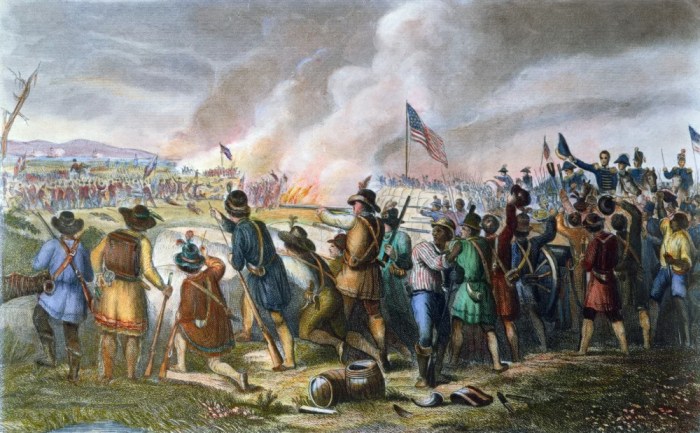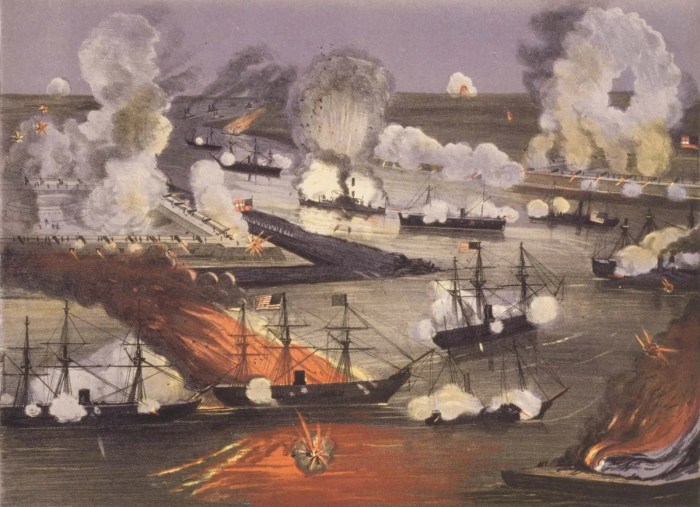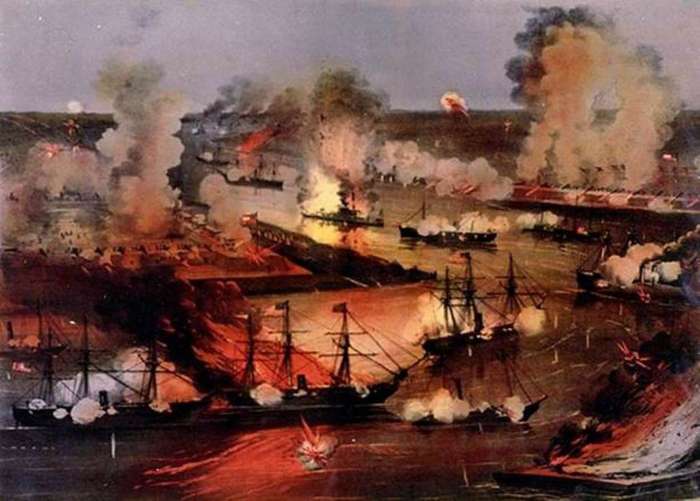Andrew Jackson gained notoriety in the Battle of New Orleans, a pivotal conflict that shaped the course of the War of 1812 and solidified his reputation as a military hero. His leadership, tactics, and the impact of his victory on American national identity are explored in this comprehensive analysis.
Jackson’s military prowess and strategic acumen were instrumental in the American victory at New Orleans. His unconventional tactics, including the use of cotton bales as fortifications, confounded the British forces and contributed to their defeat.
Andrew Jackson: Gained Notoriety In The Battle Of New Orleans

Andrew Jackson, a renowned military leader and later the seventh President of the United States, played a pivotal role in the Battle of New Orleans.
Military Tactics and Strategies
- Employed a defensive strategy, constructing earthworks and canals to protect his forces.
- Utilized guerrilla warfare tactics, harassing the British with ambushes and skirmishes.
- Positioned his troops behind cotton bales, providing cover and absorbing British fire.
Leadership and Impact
Jackson’s charismatic leadership inspired his troops and boosted morale.
- Motivated his soldiers with patriotic speeches and promises of victory.
- Maintained discipline and order, preventing panic and disarray.
- His decisive actions and unwavering determination contributed to the American victory.
British Forces
Overview
The British forces involved in the Battle of New Orleans were a formidable force, led by experienced generals and equipped with advanced weaponry.
Sir Edward Pakenham
General Sir Edward Pakenham, the British commander, planned a three-pronged attack to overwhelm the American defenses.
- Underestimated the strength and determination of the American forces.
- Failed to adapt his tactics to the unfamiliar terrain and American guerrilla warfare.
Strengths and Weaknesses, Gained notoriety in the battle of new orleans
Strengths
- Superior naval power, allowing for effective bombardment and troop transportation.
- Well-trained and experienced regular army, with advanced tactics and weaponry.
Weaknesses
- Lack of familiarity with the local terrain and climate.
- Overconfidence and underestimation of the American forces.
- Limited mobility due to the marshy and swampy surroundings.
American Forces

Composition and Organization
The American forces at the Battle of New Orleans were a diverse group of soldiers, militia, and volunteers.
- Regular army units, including infantry, artillery, and cavalry.
- Militia units from Tennessee, Kentucky, and Louisiana.
- Volunteer units, including the Barataria pirates led by Jean Lafitte.
Advantages and Disadvantages
Advantages
- Strong defensive position behind earthworks and canals.
- Familiarity with the local terrain and climate.
- Guerrilla warfare tactics and ambushes.
Disadvantages
- Inferior naval power compared to the British.
- Limited ammunition and supplies.
- Inexperience and lack of discipline among some militia units.
Key Events

The Battle of New Orleans unfolded over a series of key events, including battles, skirmishes, and negotiations.
Timeline
- December 23, 1814:British forces arrive at the mouth of the Mississippi River.
- December 28, 1814:British launch an amphibious assault on American positions.
- January 8, 1815:Battle of New Orleans, resulting in a decisive American victory.
- January 18, 1815:British forces withdraw from the Mississippi River.
Significance
These events culminated in the American victory at the Battle of New Orleans, which had a profound impact on the outcome of the War of 1812.
Legacy and Impact

Impact on the War of 1812
The American victory at New Orleans boosted morale and helped to secure a favorable peace treaty for the United States.
Development of American National Identity
The battle became a symbol of American patriotism and military prowess, contributing to the development of a strong national identity.
Legacy in American History and Culture
The Battle of New Orleans remains a significant event in American history and culture, celebrated in songs, stories, and historical accounts.
Common Queries
What was Andrew Jackson’s role in the Battle of New Orleans?
Andrew Jackson commanded the American forces at the Battle of New Orleans, leading them to a decisive victory over the British.
What were Jackson’s military tactics and strategies?
Jackson employed unconventional tactics, such as using cotton bales as fortifications, to confound the British forces and secure his victory.
How did Jackson’s leadership impact the battle’s outcome?
Jackson’s strong leadership and ability to motivate his troops played a crucial role in the American victory at New Orleans.